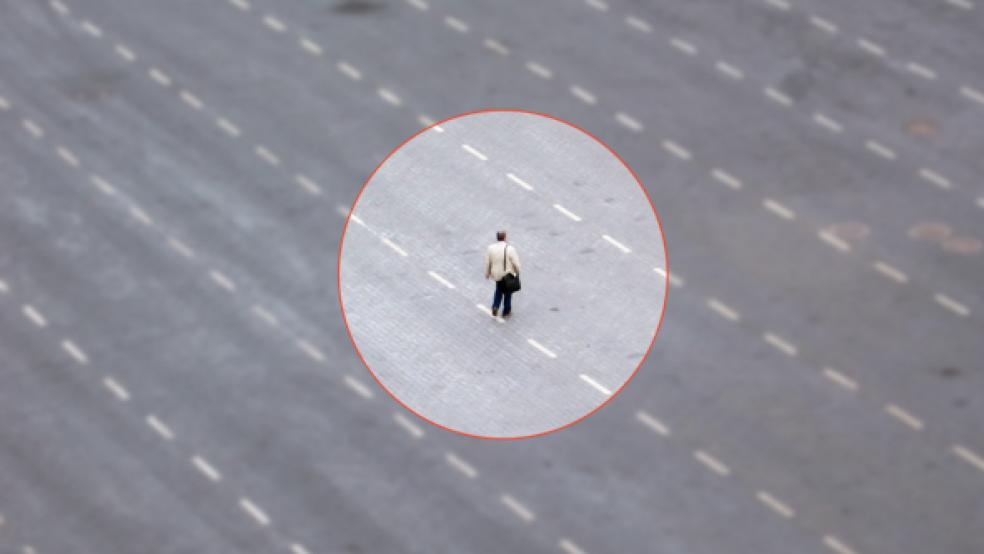“When are we getting rid of that old green clunker?” says my teenager, referring to the Buick sitting in the driveway.
“When we can afford a new one,” I reply.
Once upon a time, that car was beautiful. Not anymore. But it runs.
But hold on. What if we changed up that narrative a bit? What if I said instead, “We’re getting rid of that car tomorrow. And we won’t be replacing it. Surprise! We’re going car-less. Forget the expensive upkeep, the parking problems, the gas, the grease, the gears, not to mention people poking fun at how old that car is. We’re kissing that clunker goodbye!” Pause. “Hope you like riding the train!”
Dead silence.
It didn’t actually happen in my suburban household – we need our wheels, our independence, our mobility and the promise of the open road – but it’s not far from the scenario Taras Gresco, author of the new book Straphanger: Saving Our Cities and Ourselves from the Automobile, sketches out in some detail and builds an impassioned case for, arguing we all need to “help undo the damage a century of car-centric planning has done to our cities.”
Public transportation doesn’t have to be a squalid affair, he insists. “Done right, [it] can be faster, more comfortable, and cheaper than the private automobile.”
He’s convinced this should be playing out across America and indeed across the globe because cars, he says, have imprisoned us.
We spend on average, 16 weeks of our lives stuck in traffic. In Los Angeles, drivers spend an average of 72 hours delayed in traffic every year – equal to almost two full weeks of work. And since the demand for oil is outstripping the world’s supply, he says we’re nuts if we don’t envision a life beyond the automobile.
Nevertheless, some of us still need a lot of convincing. A whole lot. Cars are convenient. Cars are necessary. Cars are cool. Cars are all-American.
Gresco, who lives near downtown Montreal and has never owned one of the 600 million cars on the planet today, is well on the other side of the road already. Cars are unhealthy – each additional hour spent in a car per day is associated with a 6 percent increase in obesity.
And for the first time in history, more of us live in urban areas than exurban or rural areas. So we ought to get used to not having cars, insists Gresco, and learn to thrive without them.
“Cars may be good for daydreams,” he says in his book, “but they may not be the best way to get around the rapidly growing cities of the future.”
He also says, “Transit is going to be a crucial ingredient in the coming urban renaissance. In an era of rising energy prices, when people are realizing that livable, walkable city neighborhoods make for attractive places to raise families, cities like Philadelphia, with their legacy of good transit and excellent urban structure, will be well placed to thrive. The first city may never attain the international stature of a New York, Shanghai, or London, but my guess is that, pretty soon, Philadelphia will be one great place to live.”
Cheesesteaks, anyone?





